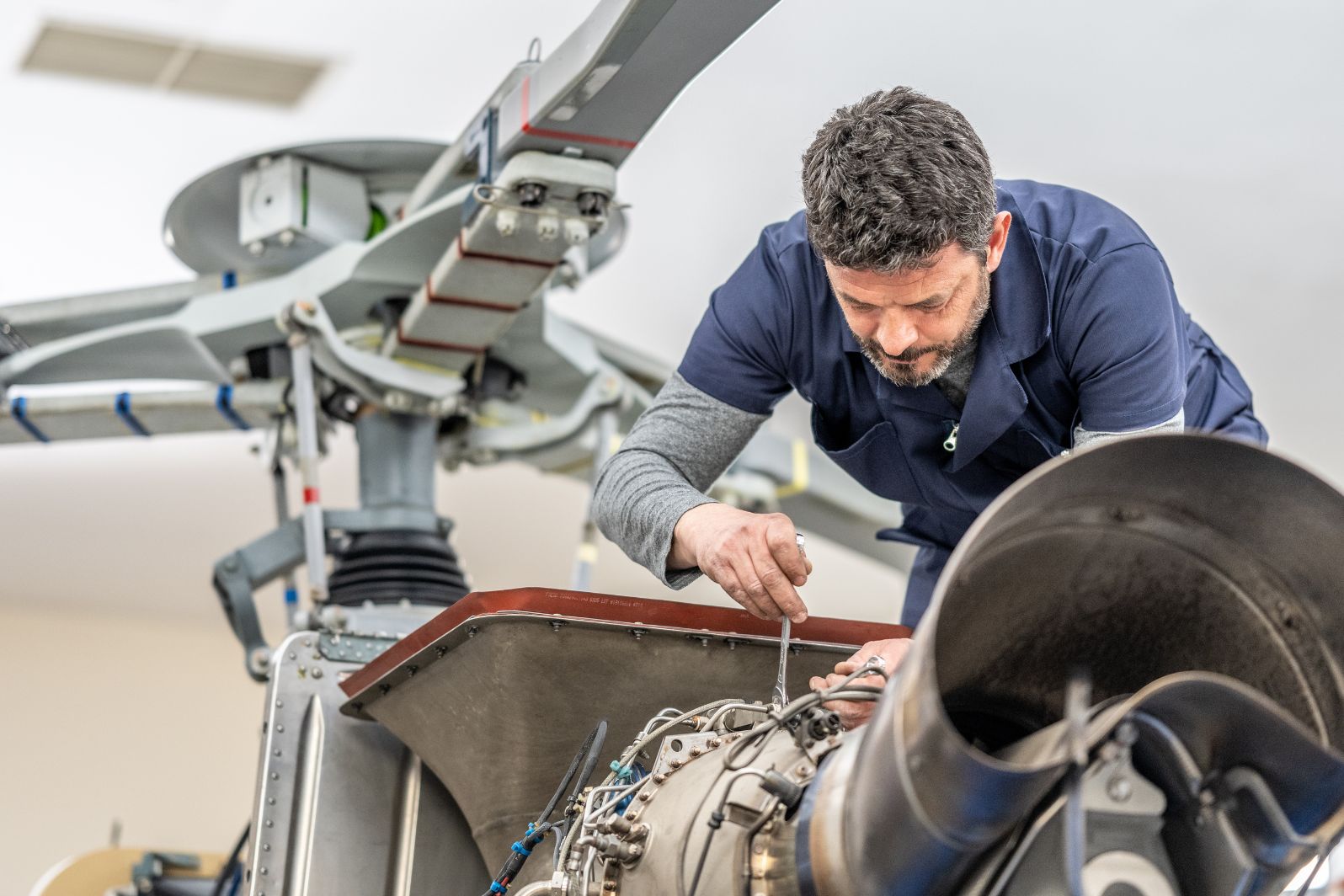You hear much talk about the future of space exploration, stretching the limits of what we once thought was impossible and making it now viable. NASA wishes to send humans to Mars for the first time by 2030. SpaceX is planning to send a crewed mission to Mars.
If you are considering jumping on the bandwagon, now is the time to learn more about aerospace careers. As ambitions continue to increase, this is an exciting time to apply for aerospace technician jobs.
Not only is this an exciting career opportunity with plenty of growth potential now, but it also has a positive outlook. This is not a job area you must worry about becoming obsolete.
Opportunity awaits while people and governments are pushing the boundaries of space exploration. Embark on a career journey made for legends. Here is how to do it.
Table of Contents
Critical Skills
Some essential skills will make these career paths more rewarding. First, it is highly beneficial to have mechanical skills, which means that you can diagnose and troubleshoot quickly.
Second, a good candidate has physical ability, meaning you should be physically fit. This helps you not only perform your responsibilities but prevent injury too.
You should have impeccable time management skills. Project deadlines are strict, and you need the discipline to complete tasks timely. Not only that, but you must be resourceful, keeping excellent track of supplies, replacement parts, etc.
Finally, it would help if you had superior communication skills and attention to detail.
You Need Training
Employers of aerospace technicians typically prefer an associate degree at minimum. For a bachelor’s or associate’s program, you will want to graduate in one of the following disciplines.
- Aerospace Electronics Technology
- Aerospace Engineering
- Aerospace Technology
The degree type and level you achieve will determine how much classroom instruction you will get. This includes how much hands-on training and lab experience you could attain. Critical areas include:
- aerodynamics
- digital electronics
- flight mechanics
- propulsion
- engineering thermodynamics
- structural analysis
The more training you seek, the more invaluable you will be.
Immerse Yourself in Work Experience
Aerospace technician jobs are available in many environments. Career paths include the areas of scientific research organizations, aerospace product manufacturing firms, government agencies, engineering firms, airline and air transportation companies, and the military.
For every opportunity, there is a variety of systems and devices you can use. You can evaluate, track, and position aircraft and spacecraft.
Get Certification
While it is not required, it is highly recommended because the right professional credentialing can be advantageous toward career advancement. Professional trade organizations like SpaceTEC National Resource Center (at Kennedy Space Flight Center) and National Center for Aerospace and Transportation Technologies administer certification. You may need several years of work experience to satisfy an exam prerequisite.
Join a Trade Organization or Attend an Event
You often receive excellent benefits from joining a trade organization. Many organizations allow you to enjoy advocacy outlets, professional networking opportunities, and industry updates. AIAA is a brilliant trade organization of many.
Keep an eye out for superb events too. In 2024, the Space Symposium is an event you won’t want to miss. You can find more info at spacesymposium.org.
Stay Current
The guidelines and technologies for the industry are constantly developing. Aerospace professionals need to stay current as it impacts their day-to-day activities. Some employers offer continuing education and capitalize on it if available to you.
If your employer does not offer this as a benefit, there is ample opportunity to stay current and upskill by becoming a trade association member.
Exciting Career Paths
An aerospace technician provides operational support to an aerospace engineer and scientists. This is a unique opportunity to maintain systems and equipment. You will ensure that the space vehicle flight is safe and secure.
People use other terms for aerospace technicians, like aerospace engineering technicians or aerospace mechanics. Whether it is a helicopter, airplane, or shuttle, you will play a pivotal role in meeting safety regulations and requirements, ensuring all operations are fully functional.
Daily Responsibilities
Typical tasks for aerospace technician jobs include assisting aerospace engineers with developing, designing, and testing technologies for vehicles used in space exploration, like aircraft. You will conduct and oversee testing so that developed products are safe, reliable, and functional.
Most opportunities in this field are full-time roles. Working days and hours will depend on the employer. There can be times when the employer will have high production times, and overtime is likely to meet project deadlines.
Salary Expectations and Job Outlook
Glassdoor reports that an aerospace technician can expect to make $61,151 annually, with an average of $54,515 salary. There could be additional pay opportunities for these career paths, including commission, tips, cash bonuses, and profit sharing. Extra pay is estimated at $6,636 per year.
Aerospace technicians are in demand. Therefore, the job outlook is bright, with experts predicting a growth rate of four percent for this role between 2018 and 2028.
Aerospace Technician Jobs Are in Demand
If you are looking to make a change and love the idea of the possibilities of what is out there beyond Earth’s atmosphere, this is a perfect opportunity for you. Get to know these steps so you can be considered for aerospace technician jobs.
You need training and experience. It is helpful to have certifications and highly beneficial to keep up to date on technology trends. Join a professional trade organization to help keep your skills up so you can network.
Build the future you’ve been dreaming of. We publish articles daily to help you fulfill your function in life, so don’t leave. Keep clicking and learn more about what is out there waiting for you.



